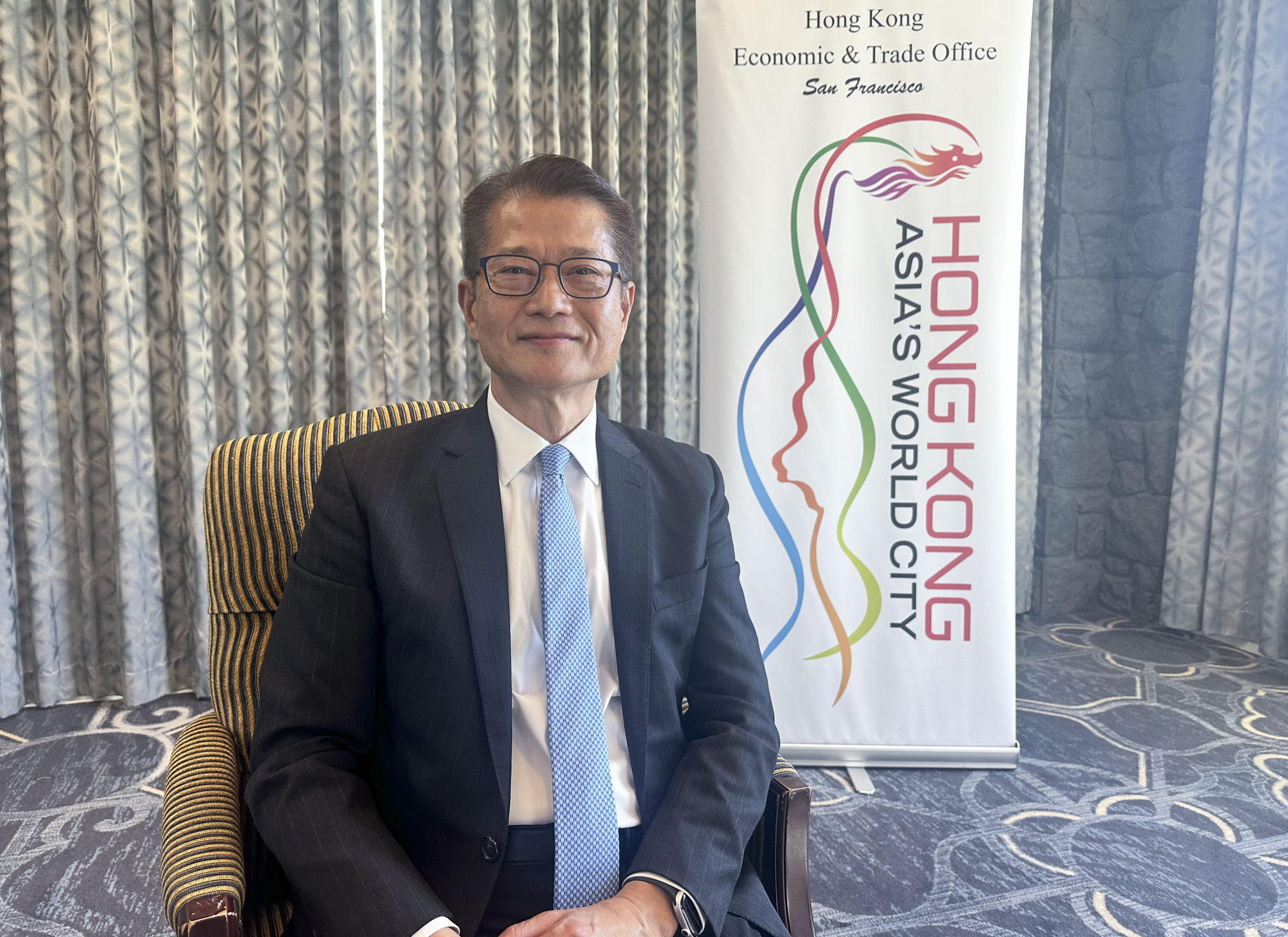But, asked whether the US businesspeople and politicians he met had expressed concern, Chan said “no one was concerned about national security” and their focus was very much on “business-related issues”.
“In fact, the concern and interests of the business sector here are about the stability of Hong Kong, the overall business environment, the impact of high interest rates on Hong Kong, also the performance of the stock market and property market,” he said.

The US followed up by updating its advisory in April, alerting US citizens to exercise increased caution because of “arbitrary enforcement” of the two national security laws.
American senators and US-based Hong Kong activists advocated for legislative measures to shut the city’s trade offices in America, including one in San Francisco.
Chan said he was aware of negative narratives circulating and his lobbying efforts therefore centred on explaining the “one country, two systems” governing principle and emphasising the vitality of the city’s banking system.
“Let the facts and figures speak for themselves,” he said, citing as an example that total deposits in the banking system rose 5.1 per cent last year, compared with growth of 1.7 per cent in 2022.
“I would say that after these candid exchanges, mutual understanding has been enhanced,” he added.
In San Francisco, Chan attended a lunch event organised by a business group that gathered about 100 representatives of American firms and associations.
He visited the offices of an innovation platform that supported start-ups from around the world, including Hong Kong, and also two tech companies in Silicon Valley.
In Berkeley, he joined two high-level events: a dialogue about synergies between the Greater Bay Area and the San Francisco Bay Area, and a US-China climate meeting.
California Governor Gavin Newsom and US environment officials were present at the climate talks, but Chan did not have any known meetings with them on the sidelines, nor with large US tech companies.
The Hong Kong group was joined by delegations from Macau and Guangdong, the latter led by governor Wang Weizhong. They formed the first joint delegation to the US to promote the Greater Bay Area.
Chan said the joint effort proved effective in promoting the “value proposition” of Hong Kong being part of the bay area plan that also comprised Macau and nine Guangdong cities.
He said the Greater Bay Area and the San Francisco Bay Area shared strengths in technology advancements and entrepreneurship, highlighting Hong Kong’s integral role within the innovation ecosystem across the border with mainland China.
Noting that the bay area developed everything from start-ups and venture capital funds to private equity funds, he said: “Hong Kong can offer professional and financial services that American businesses need.”
The US was the eighth largest destination of Hong Kong overseas investment in 2022, but the number of American companies in the city fell four years in a row to 1,258 in 2022 according to official data.
The Hong Kong delegation included representatives from other policy bureaus, the Hong Kong Monetary Authority, Hong Kong Exchanges and Clearing, Hong Kong Science and Technology Parks Corporation, Cyberport and two universities.

